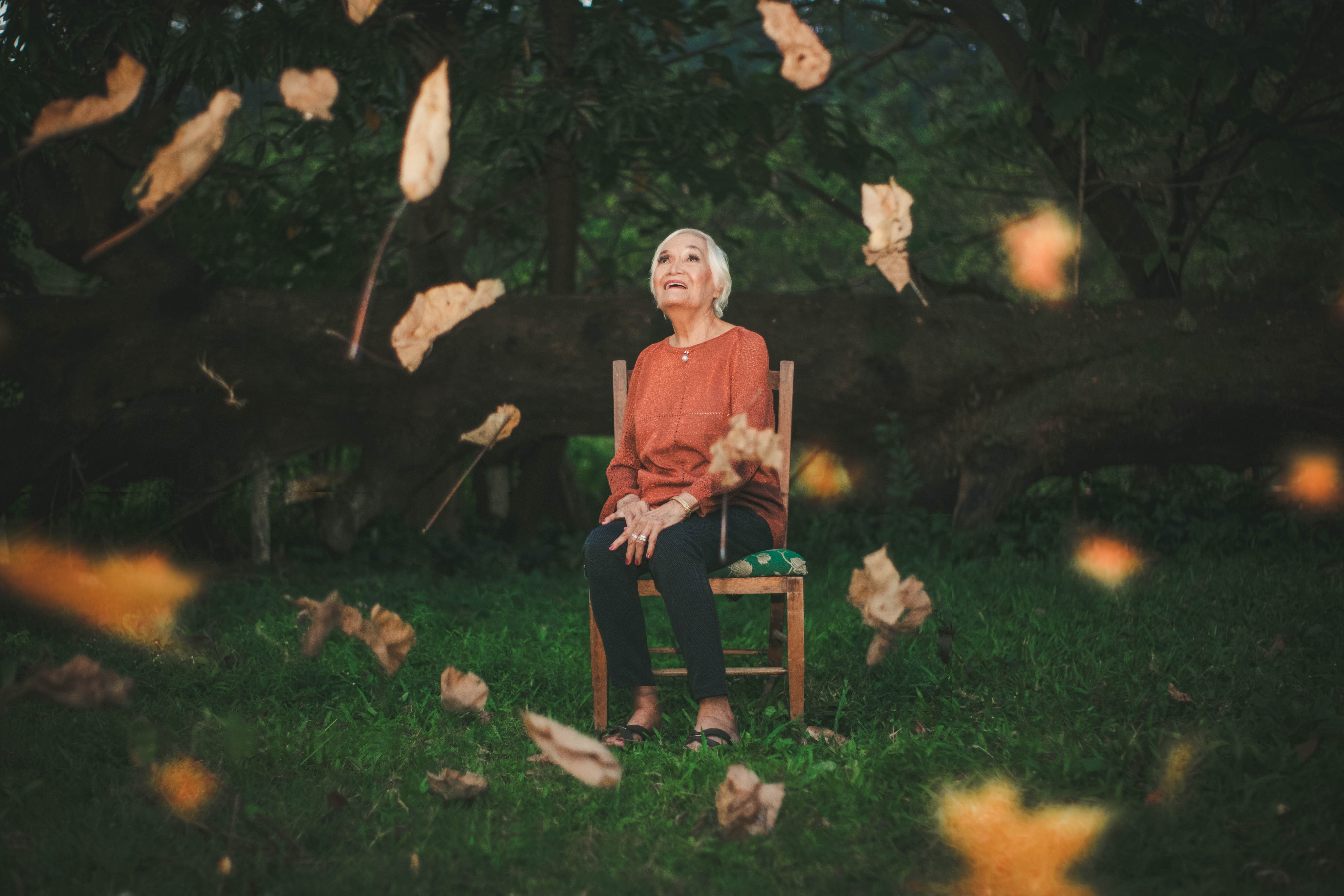SHARES

How old do you feel?
While each of us has a chronological age – the number we associate birthdays with.
I find it interesting how some seniors look and feel youthful, while others do not.
Did you know that scientists are able to measure these differences? By looking at age-related biomarkers — metrics like skin elasticity, blood pressure, lung capacity and grip strength. Individuals leading a healthy lifestyle and a fortunate genetic inheritance tend to score “younger” on these assessments and are said to have a lower “biological age.”
Subjective Age vs Biological Age
But there’s a much easier way to determine the shape people are in. It’s called “subjective age.”
You see when scientists ask: “How old do you feel, most of the time?” the answer tends to reflect the state of an individual’s physical and mental health.
Scientists find individuals that identify and feel younger than their chronological age are typically healthier and more psychologically resilient. Not only do they perform better at memory tasks, they also are at a lower risk of cognitive decline.
A team of researchers in South Korea scanned the brains of 68 healthy seniors. The researchers found thicker brain matter and less age-related deterioration in seniors who felt younger. In contrast, the opposite was the case in individuals who felt older than their chronological age. They faced at a higher risk of dementia, hospitalisation and even death.
Another study published last November, found that seniors scored better on memory tests after being told that they were sharper than others their age.
So what makes age such a great predictor of health in ageing population anyway?
“Feeling younger, being stronger”
Dr. Yannick Stephen, an assistant professor of health and ageing psychology at the University of Montpellier in France believes that individuals possess intuitive understanding of their state of being. This encompasses emotional, health and mind which is then translated into a single number.
It is a good reminder that most research on subjective age revolves around the way the individuals feel and their health – which more often than not, could not establish cause and effect. Let me give you an example – does feeling younger truly make people healthier or are people who are already healthy feel younger ?
Critics add that for many, subjective age simply reflects upon the culture’s obsession with youth. David Weiss, a lifespan psychologist says that people cultivate younger identities to fend off stereotypes of senility and frailty.
If old age and ageing wasn’t seen as a bad thing, one would not need to say that they feel younger than they actually are. Despite the contradicting views on subjective age, experts agree that we all age differently and that we do have a sort of autonomy on how we age.
Healthy habits keep age-related deterioration at bay
Healthy habits, including eating well and exercising, can keep age-related deterioration at bay. Just as important is keeping a positive attitude. Internalised ageism can worsen not just people’s outlook but their health. Experts urge that people recognise not just the losses associated with ageing but also the gains, which are significant.
If happiness and health is what you strive towards, eat healthy, work out and live consciously. Too much of life is on autopilot, too much of beauty – missed. One thing I’ve observed from practicing yoga, people are happier when they are content – when they embrace who they are and where they are, no matter the chronological age.
If I were to ask you again “How old do you feel ?”
What would your reply be ?
by Yashwini Ravindranath
Born & raised in Malaysia, Yashwini earned her M.D. studying in Moscow's Russian National Research Medical University. With an affiliation towards research, all things coffee and the startup ecosystem, she now contributes articles to GetDocSays View all articles by Yashwini Ravindranath.




